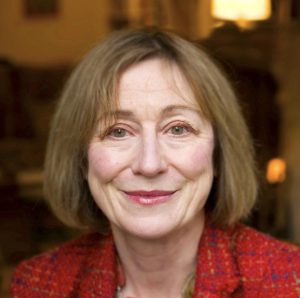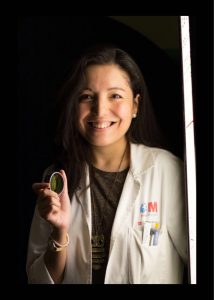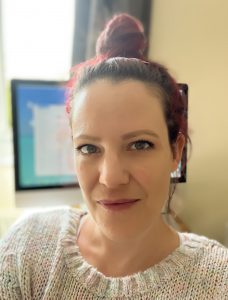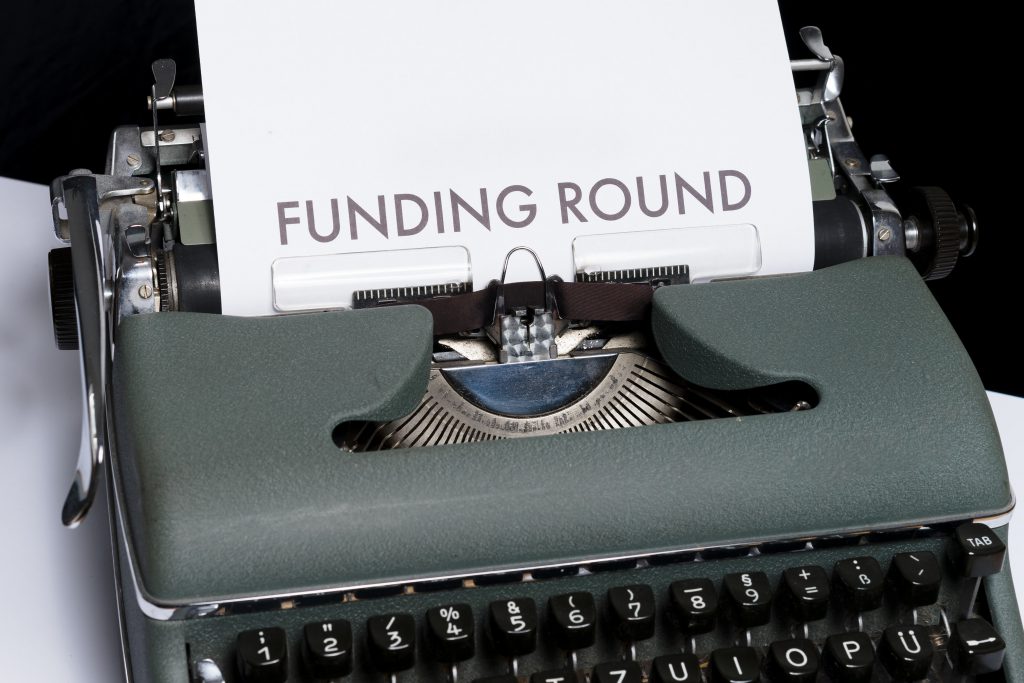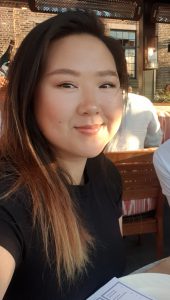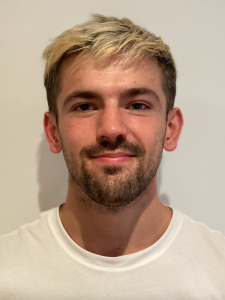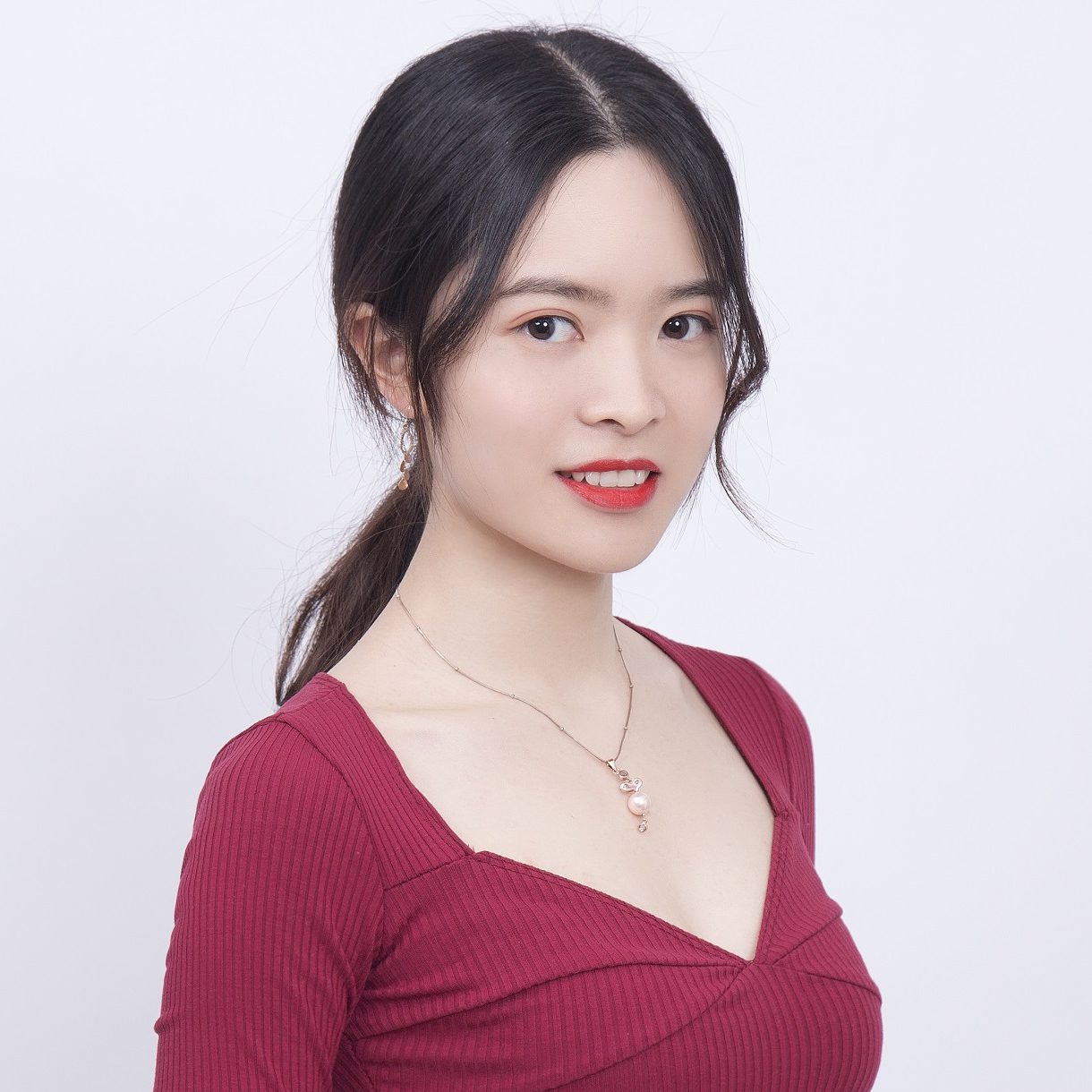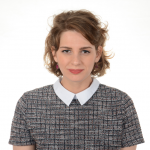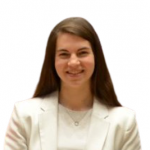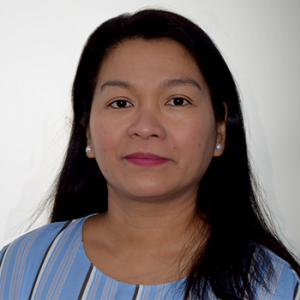This year, to help students and staff with the various challenges of academic writing, the Doctoral School at KCL will host two new fellows of the Royal Literary Fund. My colleague, Miranda Seymour, will be available for appointments on Tuesdays and Wednesdays. My name is Alex Wong, and I’ll be working on Thursdays and Fridays. We’d be delighted to see you in our office on the Waterloo Campus, and will also be offering some sessions online.
RLF fellows are professional writers, working in various genres, who hope that their experience of planning, writing and editing will enable them to give good, practical advice (and cheerful encouragement) to those who are finding the task of writing difficult, as well as to anyone who simply wants to find ways of improving the clarity, economy and elegance of their scholarly prose. Come to us if you’re stuck, or baffled, or have a problem to solve; but you’ll be just as welcome if you have no particular problem, only aspiration!
Miranda is an acclaimed biographer and novelist, and I am primarily a poet, though I also have extensive experience in prose nonfiction. We both know what it is like to undertake long, complex projects involving significant research, and we’re familiar with many of the hurdles one can meet along the way. More fundamentally, we know about the essential mechanics of sentences. Writing clearly and precisely may often be a matter of writing more ‘simply’, but that is not always an easy or intuitive thing. The challenges of effective and communication are real ones; but they are also—when approached in the right way—interesting, enlivening challenges that engage imagination as well as intellect.
Our sessions will be highly individual, tailored to each person’s particular needs and aims. Our hope, in each case, is to help people write in ways that feel satisfying to them. We’ll help you clear away any unnecessary complications, cumbersome jargon and unhelpful rhetoric, so that you can articulate your thoughts and arguments in ways that are at the same time more natural and more creative.
Although I do have a background in academic teaching myself, it’s important to note that Miranda and I are here as writers, not as scholars. We’re not academic staff of KCL, don’t discuss students’ work with their supervisors (or anyone else), and are entirely outside the systems of supervision and assessment. This means we’re able to offer confidential, impartial and unjudgmental advice, purely on the business of writing and editing. We’re not here to evaluate the content of your work. In fact, we’re not here to evaluate your work at all: we need only to understand it well enough to guide you, where useful, towards better expression.
Some sessions will look at big, structural concerns, on the level of the whole article, thesis or book; others will deal with small concerns, on the level of the sentence. Depending on what you hope to address, you might send us a short sample of work in advance (which can be very helpful), or you might just bring a piece with you when you come, which we can go through together, line by line.
Are you struggling to get your thoughts down on paper at all? We can certainly sympathize, and will offer some tips on waging the battle against blockages and procrastination.
Maybe your supervisor corrects your grammar or punctuation time after time, and you’re not entirely clear why? Or maybe a peer reviewer finds your tone too casual, too defensive, too dogmatic? We can help you make sense of critical feedback (vexing as it can often be) and find constructive ways forward.
Perhaps you want to discuss the best ways of structuring different kinds of material, such as argument, exposition, narrative or ‘literature review’. You may have a specific passage in mind, presenting unique difficulties: something you’re not sure how to approach. Or else you may want to talk about general qualities of your writing—the basic ‘nuts and bolts’ of paragraphing, for instance. We might spend a whole session discussing the pros and cons of different potential titles for your work.
In short, there are many different reasons why you might come to see us, and many different ways in which we could help. Each session is a unique encounter for us, and the writing we’re going to see will be extremely various in subject matter, approach and style. The various disciplines of the academic world all work in different ways, but the fundamental need for clarity and precision applies in all of them, as does the value of a flowing and engaging style. The means by which these are achieved are ultimately more constant than one might assume.
Do come and see us if you think we could be of any help. We look forward to meeting you!
===========================================================
Appointments are available Tuesday to Friday during term time and will be available primarily in-person on Waterloo Campus;, but some will be available online. Appointment bookings will open on 2nd October 2023. Email one Fellow in the first instance to make an appointment:
-
- Tuesday and Wednesday: Miranda Seymour – miranda.seymour@rlfeducation.org.uk
- Thursday and Friday: Alex Wong – alex.wong@rlfeducation.org.uk

